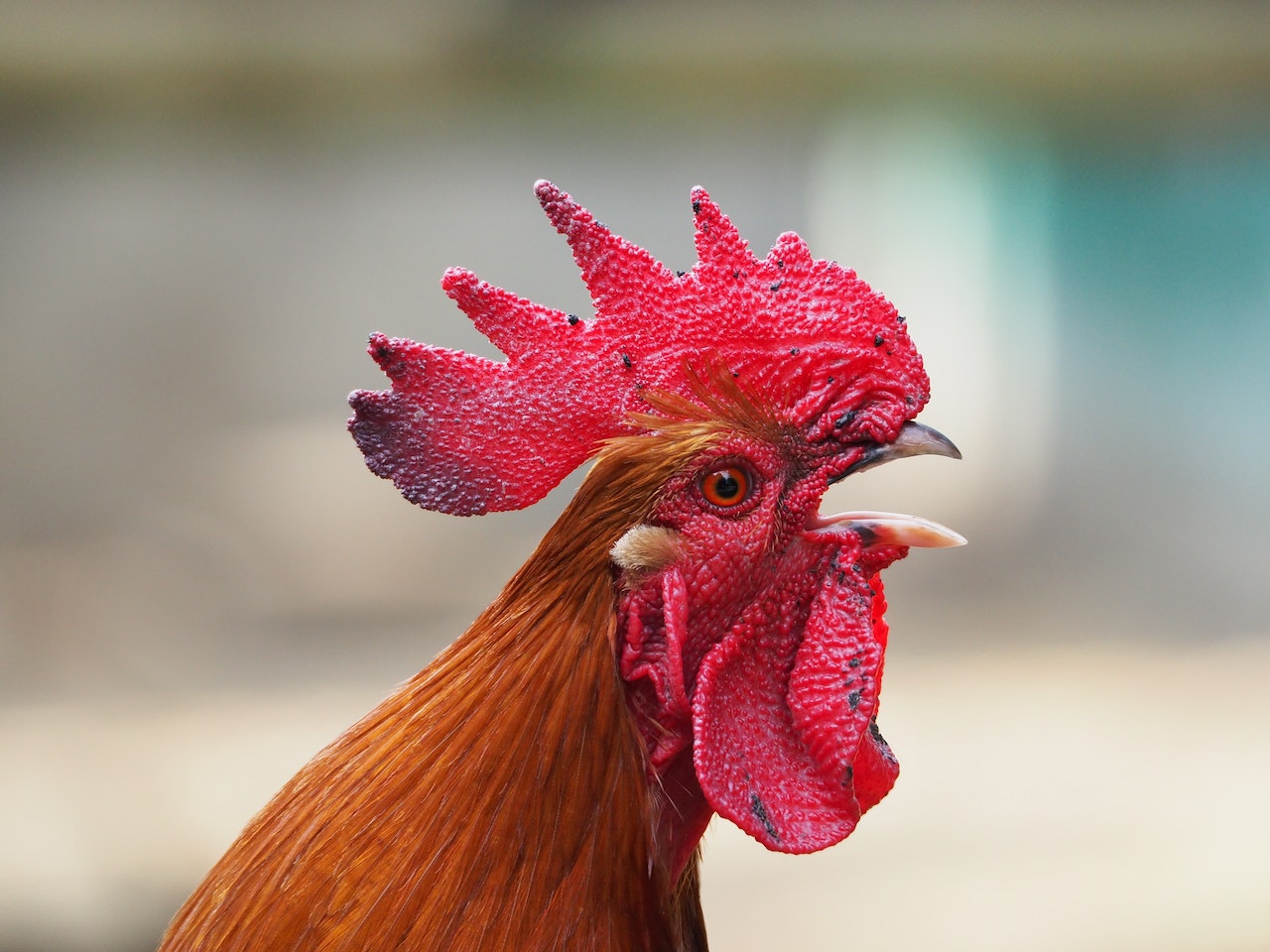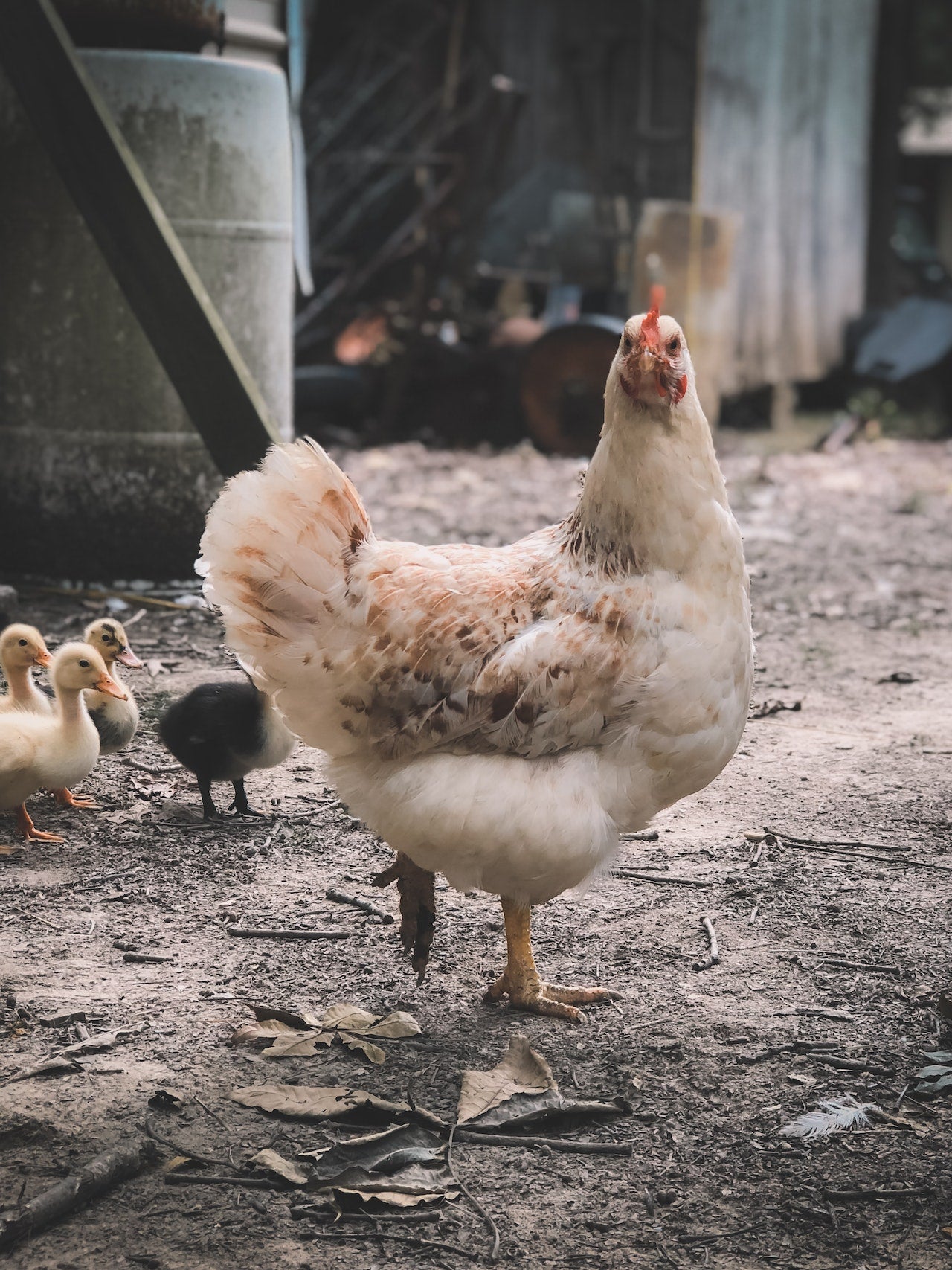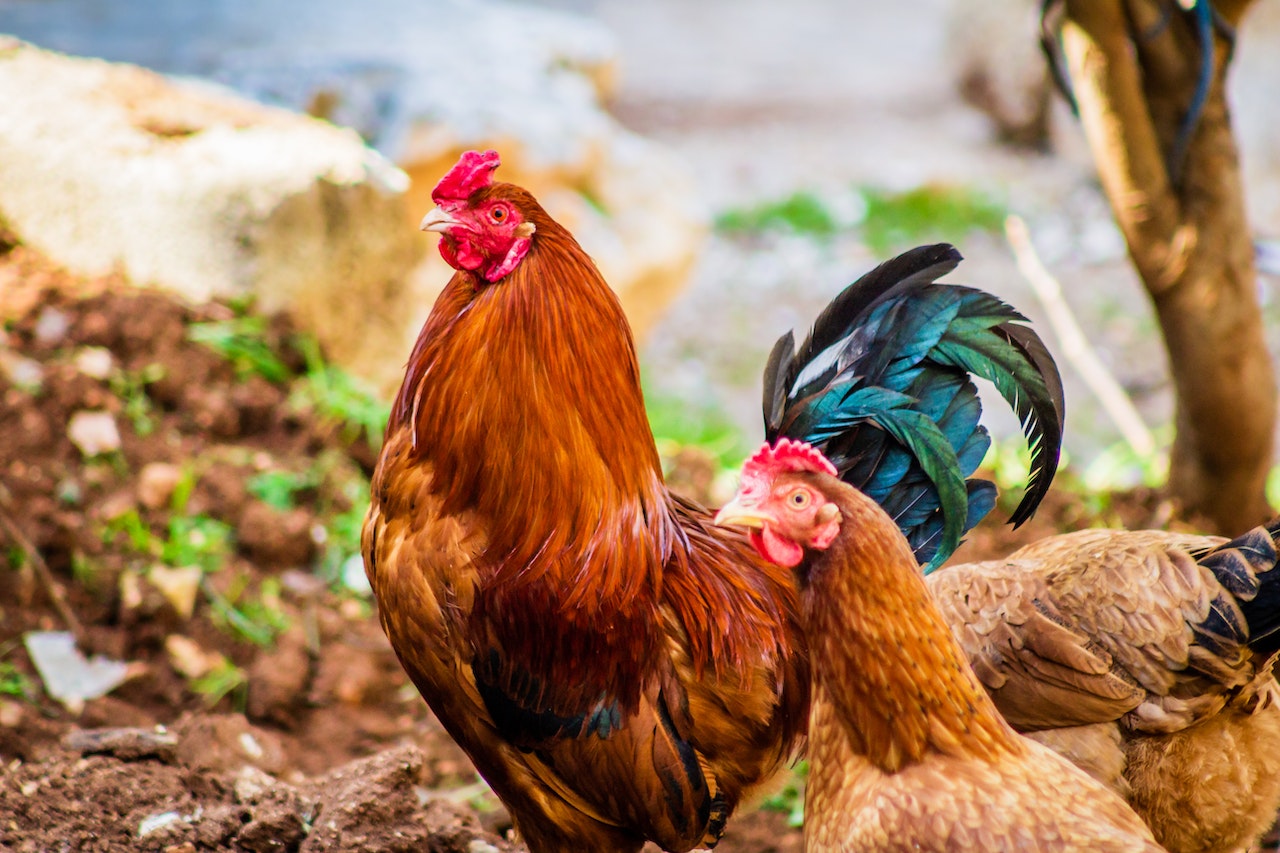
Chickens are known for their omnivorous nature, and their diet consists of a wide variety of foods. One such food source that is often debated is worms. In this article, we will delve into the topic of whether chickens can eat worms, exploring the potential benefits, considerations, and risks associated with this practice.
Can Chickens Eat Worms
Yes, chickens can eat worms. Worms are a natural part of a chicken's diet in their natural habitat. Chickens are known to forage for insects, including worms, as a protein-rich food source. Feeding worms to chickens in a controlled environment can be a way to supplement their diet and provide additional nutrients.

Health Benefits of Feeding Worms to Chickens
-
Protein-Rich Diet: Worms are an excellent source of high-quality protein, which is essential for chickens' growth, feather production, and overall health. Introducing worms into their diet can help meet their protein requirements.
-
Amino Acids: Worms contain a wide range of essential amino acids that are vital for chickens' health. Amino acids are the building blocks of proteins and play a role in various physiological functions. By consuming worms, chickens gain access to a diverse array of amino acids that contribute to proper metabolism, immune function, and the production of enzymes and hormones.
-
Nutrient Variety: Worms offer a diverse range of essential nutrients, including vitamins and minerals. They contain vitamins such as vitamin A, vitamin E, and B-complex vitamins, which are important for maintaining good health, supporting the immune system, and promoting optimal growth. Additionally, worms provide minerals like calcium, phosphorus, iron, and magnesium, which contribute to bone strength, blood health, and overall vitality.
-
Omega-3 Fatty Acids: Some species of worms, such as mealworms, are known to contain omega-3 fatty acids. These beneficial fatty acids have anti-inflammatory properties and contribute to brain development, heart health, and a healthy immune system in chickens. Including worms in their diet can provide a natural source of omega-3 fatty acids, promoting overall well-being.
-
Natural Foraging Behavior: Feeding worms to chickens aligns with their natural foraging instincts. In the wild, chickens would actively search for insects and worms as part of their diet. By allowing them to consume worms, you provide them with the opportunity to engage in their natural behavior, which can contribute to their mental stimulation and overall satisfaction.
It is important to note that while worms offer health benefits, they should be fed as part of a balanced diet. They should not replace a quality poultry feed specifically formulated to meet chickens' nutritional needs. Worms should be given in moderation and sourced from reputable and safe sources to ensure their quality and minimize the risk of parasites or harmful substances.
Can Chicks Eat Worms?
While adult chickens can consume worms without issues, chicks may have a more sensitive digestive system. It is generally recommended to introduce worms to chicks once they are a few weeks old and have started to eat solid foods. Worms should be cut into smaller, age-appropriate pieces for easier consumption.
Where To Get Worms To Feed Chickens
There are several options for obtaining worms to feed chickens. Here are a few common sources:
- Composting: If you have a compost pile or vermicomposting system, you may already have a good supply of worms. Red wigglers (Eisenia fetida) or other composting worms are safe and nutritious for chickens. You can collect them from your compost or vermicomposting bin to feed to your chickens.
- Online Suppliers: Many online suppliers specialize in selling live worms for various purposes, including feeding chickens. These suppliers often provide specific types of worms suitable for poultry consumption, such as mealworms or black soldier fly larvae. You can search for reputable suppliers that offer live worms and have positive customer reviews.
- Local Farms or Hatcheries: Local farms or hatcheries that raise poultry or breed animals may also sell worms or insect larvae as part of their offerings. These establishments might have a reliable supply of worms or can direct you to local sources where you can obtain them.
- Fishing Bait Shops: Fishing bait shops often sell live bait, including worms. While the worms sold at these shops are primarily intended for fishing, they can also be used as a food source for chickens. Ensure that the worms sold are safe for consumption and have not been exposed to harmful substances like pesticides or toxins.
When obtaining worms for your chickens, it is important to consider the quality and safety of the worms. Ensure that they come from reputable sources and have not been exposed to any harmful chemicals or contaminants. This is particularly important if you plan to feed the worms directly to your chickens without any further processing.
How Much Worms Can Chickens Consume?
Worms should be offered as a treat or supplement to their regular diet, not as the primary food source. The quantity of worms can vary depending on the size and age of the chickens. As a general guideline, a few worms per chicken, a couple of times a week, should suffice.
How to Serve Worms to Chickens
When offering worms to chickens, it is crucial to ensure their safety and proper handling:
Sourcing: Ensure that the worms you feed to chickens are safe and free from harmful chemicals or pesticides. Opt for organic or commercially available worms specifically meant for feeding to poultry.
Preparation: Rinse the worms thoroughly to remove any dirt or debris. Cut them into smaller, manageable pieces to make it easier for chickens to eat. Avoid using any seasoning or additives that may be harmful to chickens.
Risk of Feeding Chickens Worms
While worms can be a nutritious addition to a chicken's diet, there are some considerations and potential risks to keep in mind:
Parasites: Worms can harbor internal parasites, which may pose a risk to the chickens if ingested. It is crucial to ensure that the worms fed to chickens are from a reliable source and properly inspected for any signs of parasites.
Overfeeding and Imbalance: Feeding too many worms can lead to an imbalance in a chicken's diet. Worms should be treated as a supplementary food source rather than the main component. It is essential to maintain a balanced diet that includes a variety of foods to meet all nutritional requirements.
Conclusion
Chickens can eat worms, and doing so can offer several benefits in terms of nutrition and natural behavior. Worms can provide a protein-rich diet and essential nutrients for chickens, promoting their overall health and well-being. However, it is important to feed worms in moderation, ensure their safety and quality, and be aware of any potential risks associated with parasites or dietary imbalances. As with any dietary changes, it is advisable to consult with a poultry veterinarian or specialist for personalized guidance based on the specific needs of your chickens.



